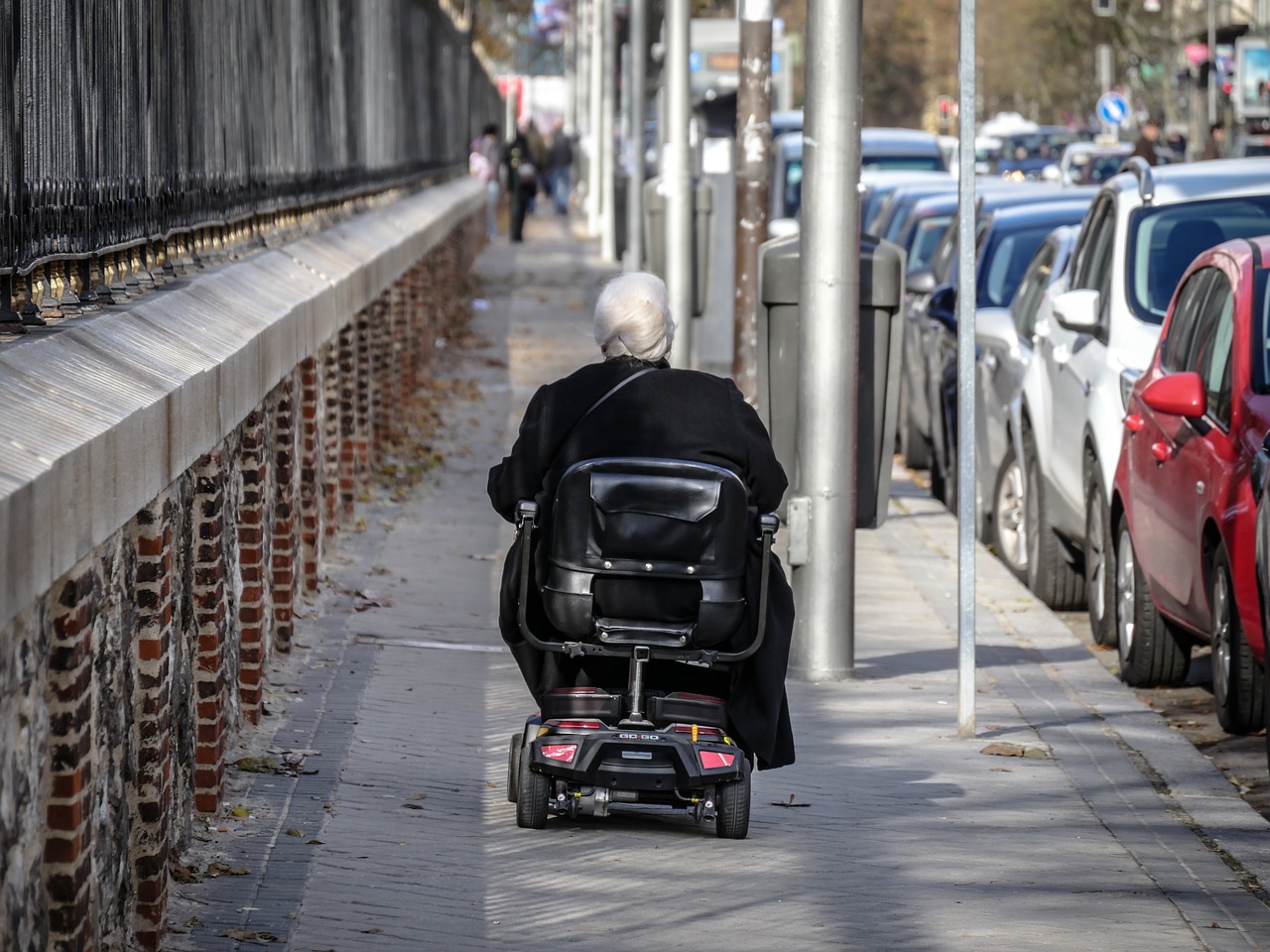While every day is a blessing and having the opportunity to age is a privilege not given to many, getting older isn’t always easy. Of course, it’s one thing if you’re considering your own age, but many of us have relatives–brothers, sisters, parents, aunts, and uncles–who are getting older and their needs are beginning to change.
Often times when loved ones age, we don’t know how to be helpful to them, or even what signs to look out for that would suggest that they need a little more help. Here’s a few things for you to consider when offering care to your aging relatives:
Help Them Set Up Necessary Technology
As the human brain ages, often doing technical work becomes more difficult. That combined with the reality that your elderly relative probably didn’t grow up around technology means that something like setting up a phone or even responding to emails can be difficult. Help him or her set up whatever they need and write out instructions for them to return to whenever they need a little help.
Look for Safety Hazards
As we age, we are more prone to accidents than we used to be. Whether your loved one lives alone or with someone else, consider places where a fall might be more likely. Additionally, with ailments like arthritis, moving around may be more difficult than it used to be.
Consider adding railings in areas like:
- Any steps inside and outside the house
- Bathtub
- Shower
- Toilet Area
- Near the bed or favorite chair
Look for tripping hazards on things like:
- Rugs
- Stairs or steps
- Door thresholds
- Uneven floors
- Cluttered areas
Offer to Give Rides to the Doctor
As age increases, so does the number of doctors visits required every year. Often, for the elderly, going to the doctor can become a little overwhelming. Driving, parking, finding the right place to check in, etc., can begin to feel less like a simple task and more like a huge undertaking. If you’re looking for ways to be helpful, consider offering a ride to and from an appointment. Remember to build in time for a possible prescription pick up afterwards.
Help Them Remain Social
Emotional needs matter at all stages of life. Studies show that humans thrive when they are around other humans and begin to wilt when they feel lonely for excessive amounts of time. Help your relative remain engaged by finding activities that they can attend in the community. Does a local church offer rides to the elderly? What about a community program that connects young adults with wise older men and women? Why don’t you or your family commit to taking dinner over once a week to make sure they have company?
Know Warning Signs For Increased Care
Sometimes our loved ones need more help than we can give. It’s important to know the warning signs for when a change in care might be needed. This may include an in-home aid, an in-home nurse, or a nursing home. If your family member has a medical condition, familiarize yourself with the condition and look for any changes. Other warning signs include:
- Not being able to care for his/her basic hygienic needs
- Not feeding him/herself properly
- Not taking medications properly
- Needing increased supervision
- Needing increased care that you and your family are unable to give




Leave a Comment
You must be logged in to post a comment.